Marketing provides a wide range of opportunities and possibilities for content creators. Over the past few years, there has been a significant change in marketing collateral. About 20 years ago, you only need a couple of flyers and a few brochures to boost your marketing efforts.
However, that has changed significantly recently. There are endless options and opportunities for marketing any business. There are many marketing collateral out there, and they come in handy in different stages of marketing. Knowing when and how to use the right marketing collateral will save you a lot of stress and take your business to the next level.
Before you convince anyone to purchase your product or service, you need to see them through the buyer’s journey with the perfect marketing collateral for every stage. Regardless of how popular your brand is, you will struggle with marketing if you do not know how to approach different customers or potential customers with the right marketing collateral.
We created this guide to help you look for the best marketing materials suitable for your business. In this guide, we will be highlighting some of the best types of marketing collateral that you can use to streamline your marketing process, making it easy and efficient.
What Is a Marketing Collateral?
Marketing collateral is the collection of different types of media, which are used to help enhance the sales of products or services. This compilation of media is used to educate, guide, and inform customers and prospects how their problems can be solved. Marketing collateral delivers actionable value, ensuring your buyers know everything they need to know about your product or service and why they need it.
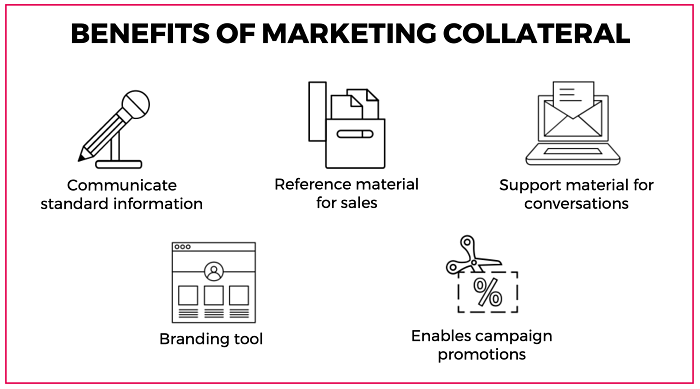
A few decades ago, people only associated marketing collateral with brochures, which was used to support the process of sales. However, marketing collateral is now broader than before. Businesses now use it to educate their prospects about a product or service, so the term “marketing collateral” now refers to both online and offline media. This includes many things from print materials such as flyers and posters to digital content such as digital magazines and catalogs.
The 41 Best Types of Marketing Collateral
1. Blog Posts
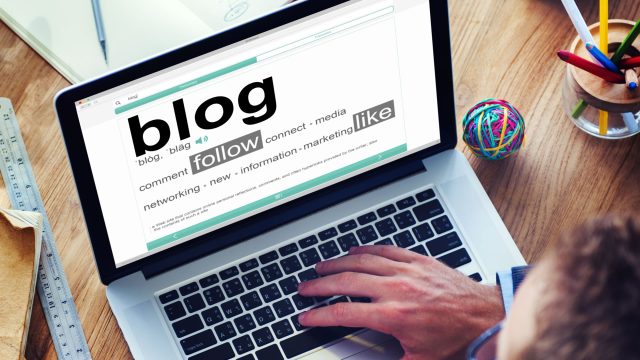
Blog posts are one of the most popular types of content marketing or marketing collateral, and all sizes of companies use them. This type of marketing collateral allows companies to share content on their website regularly. There are different types of blogs, and they vary in purpose, length, topic, and more. Regardless of their differences, they are a very powerful, useful tool when it comes to marketing any product or service.
A blog post is a great asset on the website of any business, as they do not only help to promote your brand but also attract visitors to your site. With blog posts, you can educate your readers about your services, products, and activity.
When writing blog posts, make sure you add attractive visuals to them. Pictures play a key role in the appeal of blog posts. Another major benefit of blog posts is that you can add a call to action (CTA) at the end of the article to convert your readers into potential leads. They can also serve as easy content that your sales team can send to clients or leads to let them know what your business or company offers.
2. Case Studies

Case studies are another common and highly effective type of marketing collateral. With this type of marketing collateral, you can show your prospects and customers what you have achieved without bragging about it. It is like telling the success stories of others working with you to your prospects and customers. You can use case studies to teach others the recipes of your success.
Case studies are broader than articles (blog posts); they are often dedicated to people that are interested in the way you do business. When it comes to the marketing chain, a case study is a step before a buyer decides to communicate with the salesperson. Anyone reading a case study is very close to purchasing that product or service. Hence, case studies are one of the most important and effective types of marketing collateral.
3. E-books

E-books have also proven to be a very effective type of marketing collateral. Companies use e-books to showcase their professionalism in the field or industry in an educational direction. E-books present more difficult topics in a way that readers can understand easily by using an appealing and casual design and voice. This type of marketing collateral is highly beneficial, as it helps businesses to cover in-depth topics.
The distribution is also very easy, as the content is downloadable. You can make the e-book a gated content on your site, which means readers need to provide their email and name to access the e-book. Everyone knows and has accepted that e-books are lengthy. With this, you can dive deeply into a topic with the aim of informing and educating your readers without feeling restricted or constrained by length. You can use the e-book to educate your readers about your business, as educational material, or as a “how-to” guide.
4. Brand Stories
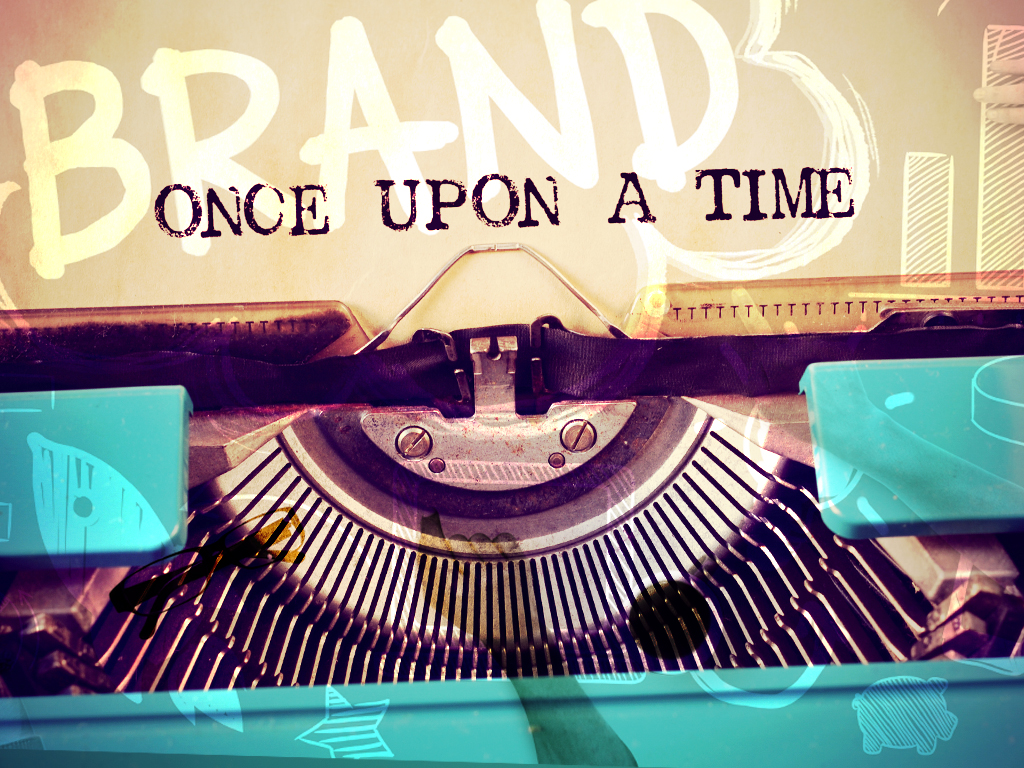
The story of your brand is the narrative of your company. You can make brand stories in different forms, including a digital publication, video, your site, or your Facebook page’s bio section. Your brand story is very important, not only for marketing purposes but also for humanizing your company and building trust.
When you create a brand story that connects with your prospect or customers, they will hold you in high regard than your rivals. Many businesses have a dedicated page on their website for their brand story, how they started, what they do, and other vital information about the company. Some of the titles given to these pages include “Our Story” and “About Us.”
So you can make it any form you want. It can also be a video on your “about us” page or your official YouTube channel. Let it be narrative and inspiring, as this will help to create a connection between your customers and your brand.
5. Email Signature
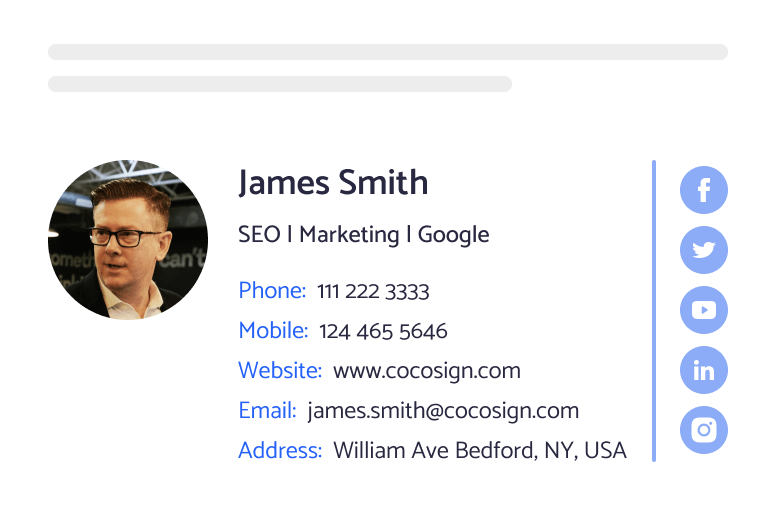
An email signature is one of the easiest types of marketing collateral. You can use a template for all your staff and add the vital information of your business. You can add a website, address, phone number, and even a link to a crucial project you want to promote. An email signature is a tiny piece of content, however, that does not stop its effectiveness. You can leave a piece in the inbox of people you interact with, and it will not feel like an intrusion.
6. Company Awards

Company awards are one of the best ways you can showcase the quality of your work, product, or services to your prospective customers. When a prospect visits your website and sees your awards, it would leave them wowed and convinced. This will help you convince and convert most of your potential clients.
However, there is a requirement for having a company award on your site, and the requirement is that you have actually won some. If you have won some awards, there is no reason why you should not present them on your website. If you have not won any awards, you can look for notable awards in your niche or industry and apply. There are some you can apply for without being nominated – Google search would come in handy for this one.
7. White Paper
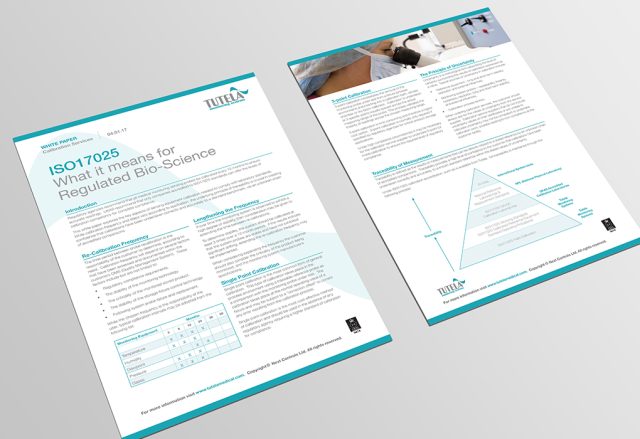
A white paper is similar to an e-book because they provide in-depth and longer content. However, white papers provide more detailed information. They focus on more complex topics and are more technical. A white paper states a problem and the solution to that problem, which can be the product or service of the company. The paper contains technical analysis with hard facts and proof.
Companies use white papers to educate and inform their readers about their credible position and source of knowledge in the industry. A white paper comes in handy during the consideration phase, as it informs readers of everything they need to know.
By using case studies, data, and factual information, a white paper makes highly persuasive content. It does not rely on experiences and theories but on evidence, which makes it easy to persuade the readers. One of the major benefits of white papers is that they are not intrusive, as it informs people about your product or service without any pressure or commitment.
8. Landing Pages
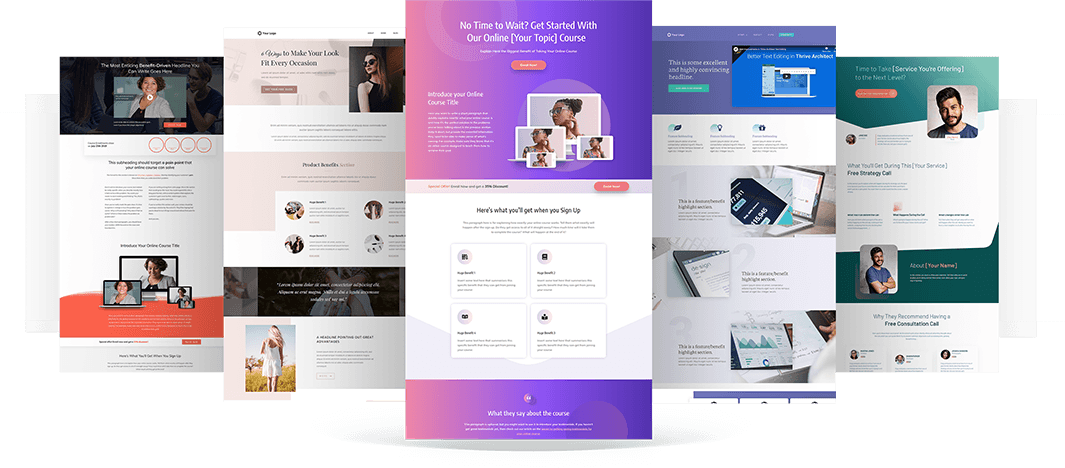
A landing page is a single web page dedicated to specific marketing campaigns. Whenever your target audience clicks on your ads, the web page they are directed to is your landing page. Landing pages often include a form asking for the contact details of the prospect, mostly email address and name. They usually serve as covers for the web pages they are linked to; this depends on the purpose of the campaign.
Landing pages are used for a variety of purposes for different stages of the buyer’s journey. However, one of the major purposes of a landing page is to collect data for generating leads at the awareness stage. It often has a form that users need to fill to remain on the mailing list of the company or exchange for downloadable content.
There is no limit to the number of landing pages you can create for a single page. You can create as many as you want and link them up with a single page. By asking for personal information such as names and addresses, you can create more personalized content for your audience. The major benefit of getting the contact details of your potential customers is lead generation.
9. Newsletters
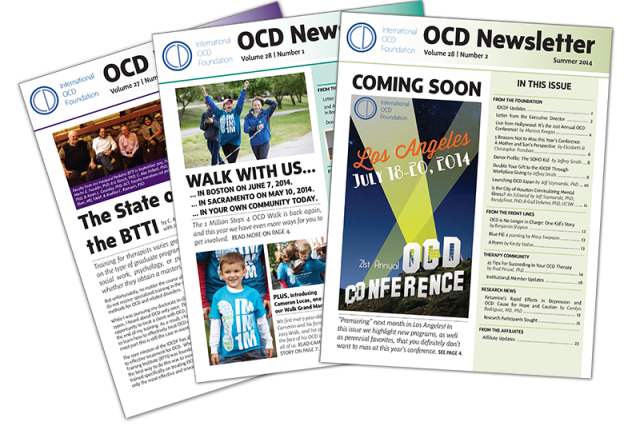
When it comes to tackling the inbox of your audience, the best type of marketing collateral to use is newsletters. Cold emailing, when done the right way, can help to grow your customer base significantly. Once you engage your potential customers, keeping in touch with them would not be an issue, as you can do that via newsletters.
Newsletters are one of the most effective marketing collateral tools. With newsletters, you will always keep your customers informed about new products, discount sales, promos, and more. This would help to boost your sales exponentially. Fortunately, there are many affordable email marketing services that you can use to achieve this. They are highly functional and cheap, and they make it easy for you to send valuable information and news to your subscribers.
You can also use newsletters to promote all your marketing collateral. Whether you just wrote a new article or publish a new e-book, you can inform your audience about it and keep them updated in your next newsletter.
10. Testimonials

A testimonial is a positive feedback or review from a customer explaining their outcome and experience of working with you, using your product, or services. Nowadays, it is difficult for anyone to purchase any product or service without reading other people’s testimonials. Prospects will read the testimonials on your site to know what others are saying about your products or services.
Testimonials are similar to reviews, but they are mostly positive, and they give your business some sort of credibility. They give your prospect assurance to purchase your product or service while serving as social proof to aid their buying decisions. The beautiful thing about testimonials is that they are unbiased. Prospects know that the testimonials are from other clients or users (third-party), so they rely on and trust their judgment.
11. A List of Vendors or Partners
A list of vendors or partners will showcase powerful collaboration with top players from similar or other industries. Listing the incredible partners or vendors that you work with on your website will also give you some credibility. When you are able to collaborate or partner with trustworthy firms, it means people can also trust your company.
If you are in a partnership with any popular brand or company, do not hesitate to list them on your website. You do not need to dedicate an entire web page for your vendors or partners. You can add their logos and names at the bottom or any section of your website. However, you should make sure it is highly visible. Remember, your prospects will not come to look for this, so you should look for a way to show it to them while scrolling through your website.
12. Branded Content
Branded content is a unique type of marketing collateral, and it is created to be featured in news publications. This type of marketing collateral involves companies paying media publications to create newsworthy content that is in alignment with the company’s brand. The content can take different forms such as a video or article, depending on the agreement of the publication and the brand.
The special and fascinating thing about branded content is that the content is more like news rather than an advert. The content will not talk about any specific services or products that the brand wants to promote. Instead, they will only mention the name of the company as one of the sponsors and show their logo. There would also be a call to action somewhere in the content (most times more than once) that will direct people to the site of the company.
13. Infographics
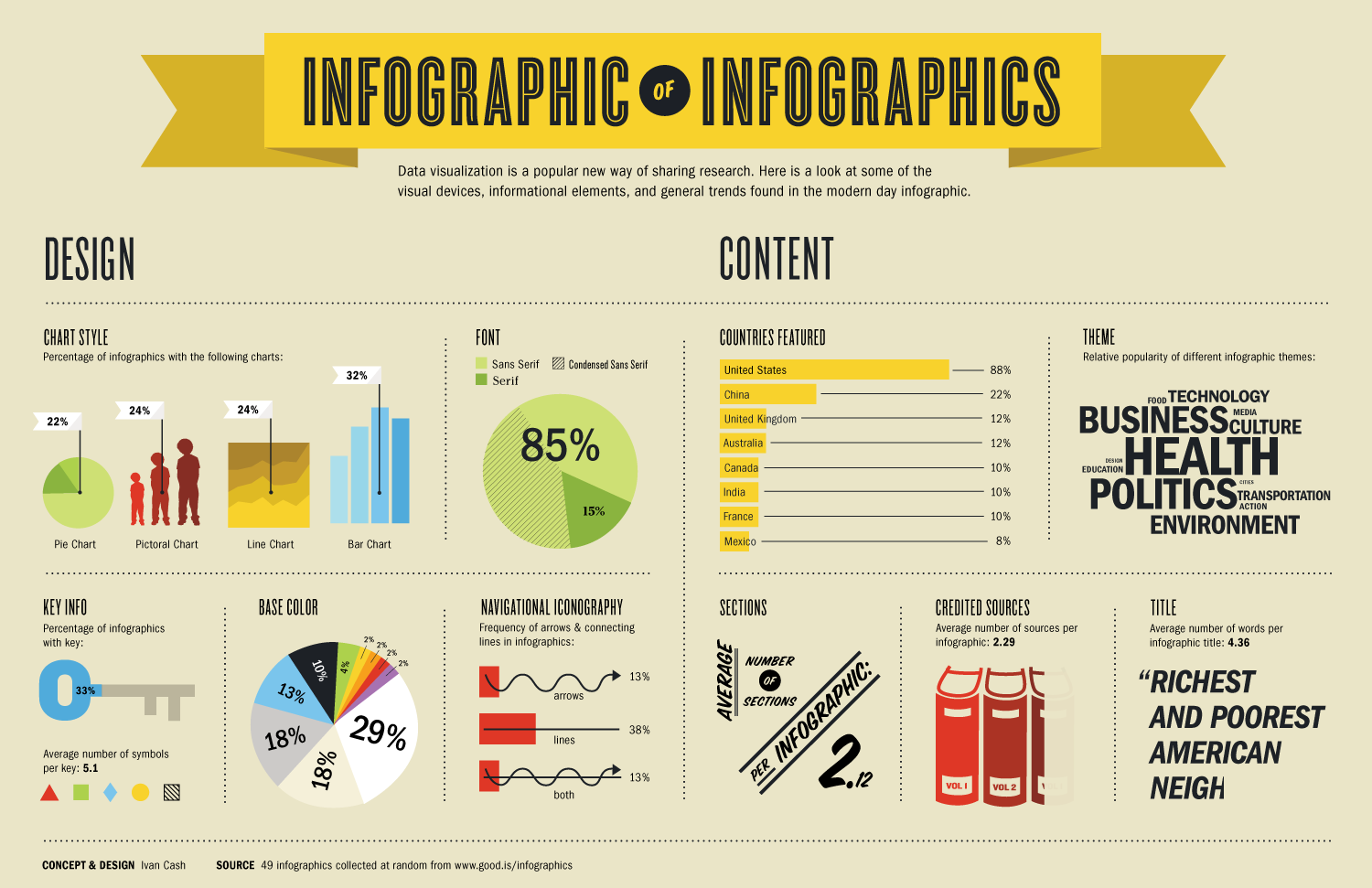
Infographics also made it to our list of the best types of marketing collateral because of how useful and effective they are. An infographic is a visual representation of a key point or topic. Rather than writing out all the key points or details of the topic like an article, infographics present the key point or topic in a visual form.
Infographics differ in intent, style, size, and format. However, they all have the same goal, which is to communicate the information to the audience creatively and engagingly. One of the major benefits of infographics is that it simplifies information. It uses basic elements and mostly graphics to support or explain the content. It is also easily sharable, as you can share it via email, on your site, social media, and more. Infographics are usually very engaging, as you can use them to tell a story successfully.
14. Mission Statement
A mission statement is another type of marketing collateral that delivers impressive results. The statement of a company’s mission is its compass. The mission statement is meant to give the employees of the company direction. However, it does more than that, as it can also send a bold and strong message to outsiders.
If you have a mission statement that aligns perfectly with your marketing message, you should put it up on the website of your company. This would help your prospect to know what your business stands for as well as your exemplary way of doing business.
15. Solution Videos
explainer videos or solutions videos are used to showcase vital information or points about a product or service. They are used to inform users about the benefits of using such products or services. The length of solution videos varies, but most of them are usually not more than three minutes. These videos help to answer some of the questions prospects might have about the product or service, including simplifying their buy-decision and urging them to take action.
You can get very good software to create very attractive solutions videos. You can also outsource this process to a professional. The video needs to be of high quality and highly informative. It should be able to convince users why they need your product or service.
16. A Professional Business Website
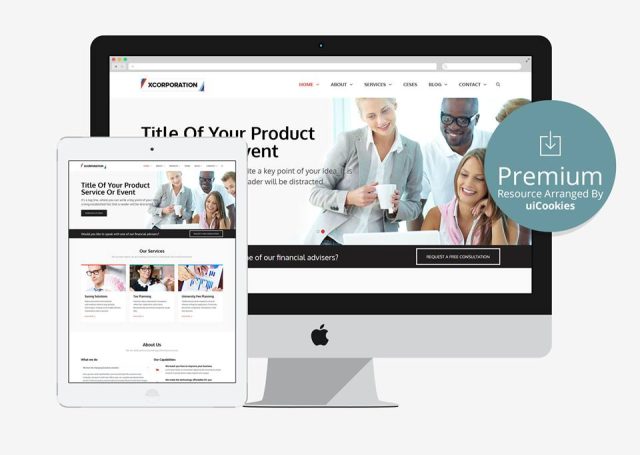
This should have even come higher on the list, as most of the things listed above have involved a website. As a business owner, your website is your largest owned media. Every business should have a professional and functional site. Your business is one of the most important types of marketing collateral, as you can use it to promote your product or service in different ways.
You can also use the site to host and promote several other marketing collateral materials you make. Just having a website will not do the trick, you need to make sure that the website is highly functional, responsive, and secure. It should be well-optimized and mobile-friendly as well. Fortunately, there are many professional website developers out there that can design a professional website for your business.
17. Corporate Brochures
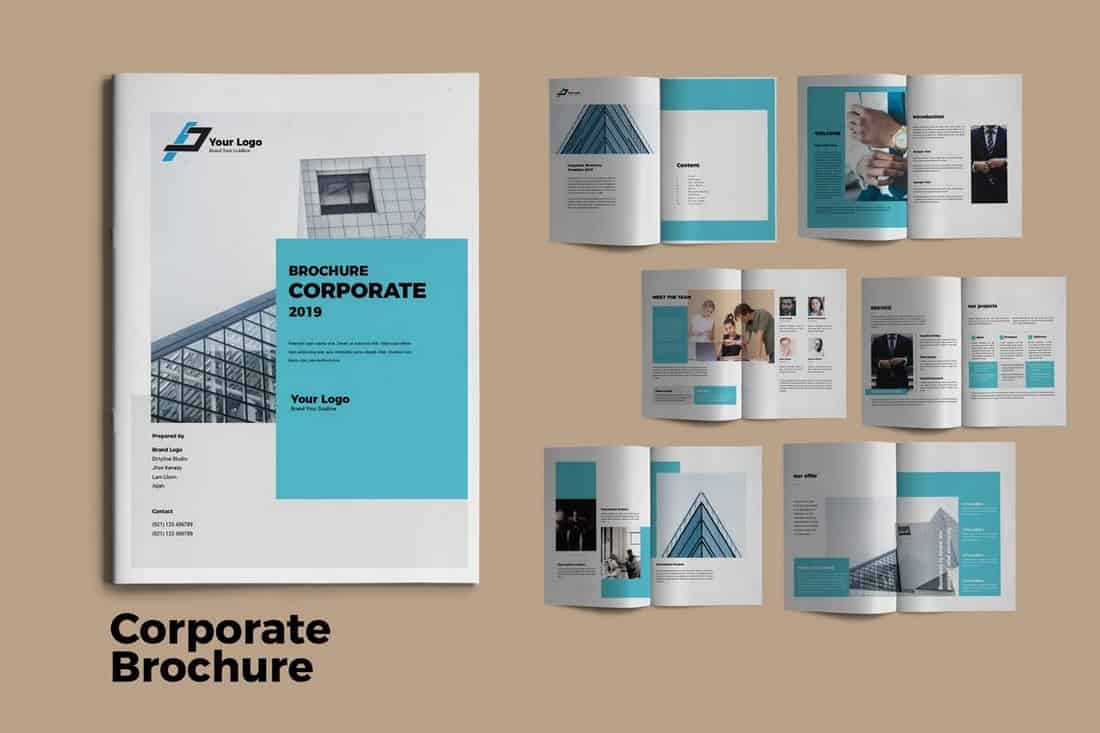
A brochure is a foldable pamphlet that businesses give to their prospects during in-person interactions. These pamphlets contain details about the services or products of the company. They also contain the contact information of the company. However, that is the traditional brochure, as brochures have evolved significantly over the years.
There are now digital brochures, which are very easy to share. When rendered digitally, brochures can be mistaken for digital magazines and e-books. However, brochures are distinguished by their shorter bullet points and copy. You can create corporate brochures to spread more information about your brand, products, or services. You can share them on your landing page, social media pages, and more.
18. Automated Emails
Email marketing has been and remains one of the most effective marketing tools ever. Automated emails are increasingly becoming a popular type of marketing collateral because of how effective and streamlined they are. You can use emails across your sales circle, and it would help to simplify the process of following up your leads or customers.
With marketing automation, you can create and schedule emails without sending them manually and repetitively. With this approach, measuring and analyzing your key performance indicators would be very easy. You will also be able to track the performance of your marketing strategy and make the necessary improvements where needed. They are also customizable, which means you can design them whichever you want, add the information about your products or services, and add a call to action as well.
19. Press Mentions and Clip Files
Are they mentioning your company or brand in the news? If so, then you have another fascinating marketing collateral to boost the credibility of your company. If your company is being mentioned in the news, it means your company is trustworthy and important, and this is something you would want your prospective clients to see.
If top media sources are mentioning your company, you should collect their press mentions and use them to create a clip file. After creating it, add it to your site. Make sure you update it whenever there are new mentions.
New businesses might not make the news just yet. However, when you start making progress and advancing, your business will start getting such attention. When such attentions come, do not hesitate to put it up on your website.
20. Product Catalogs

A catalog is like an advanced version of a brochure, as it is longer. A catalog contains more information about a product or service just like a brochure. However, catalogs are much longer because they contain stories about the services or products. If your company wants to display a wide variety of services or products, a product catalog is one of the best ways to do that.
Pushing your products to your potential clients with a product catalog can help to boost your sales. Product catalogs make it easier for your customers to purchase your products because all the information of the product, as well as the price, are listed there for them to see, and this helps them to make a decision.
Other forms of marketing collateral would require them to contact your sales reps or visit your website to know more about the product or get the price of the product, but that is not the case for product catalogs. Product catalogs contain everything a buyer needs to make a decision.
21. Podcast

Podcasts are increasingly becoming popular because of the way people consume them. Many people are now too busy with work or other things, and they have very little to no time to watch videos or read articles online. They prefer listening to podcasts because they can do that while driving, walking, working, and even relaxing. If you have an audience that falls in this category, then a podcast is one of the best types of marketing collateral at your disposal.
You can create a podcast that would be valuable to the listeners. Your podcast should not just be about your product or service. It can be about the problems your product or services can solve or their benefits. You should make the listeners see reasons why they should keep listening to your podcast and purchase your product or services.
22. Corporate Magazines
With a corporate magazine, you can keep updating your clients on the latest in the industry. Corporate magazines can cover a wide range of things ranging from listing the most recent trade publications to trade shows that your clients need to know. These magazines are highly customized and tailored to a specific audience in every industry.
23. Sell Sheets
A sell-sheet is another type of marketing collateral that looks like a brochure but is not a brochure. It is more focused on a particular product, service, concept, or idea. Sell sheets usually consist of a single sheet, and they serve as a great information source for potential buyers.
For example, if you provide coronavirus cleaning services and you are looking for commercial cleaning leads, a sell-sheet would come in handy, as it would help to answer most of the questions that your potential clients might have. A sell-sheet can also contain more information about an idea or help your sales representatives when interacting with potential clients. For instance, if you usually get rejections for the same reason over and over again, you can state those rejections to your services or products in your sell sheet and outline a disproof as to why it is wrong.
If you notice that your potential customers are showing interest in a particular service product that you offer, you should consider using a 1-sheeter. You should also use this marketing collateral to inform your prospect about a larger topic or idea.
24. Pitch Decks
A pitch deck is also known as a sales deck or sales rep, and it is a very important type of marketing collateral for a marketing team. Account executives use sales decks when they are on a pitch with prospects. They provide a guide for the sales discussion while educating the potential customer on everything they need to know about the services and products that you offer. It tells them everything ranging from the price to the benefits and more.
The best time to use a pitch deck is when an account executive has a pitch with a potential client. Other members or employees of the company can also use the pitch deck as an informational reference since they contain more details and information about your products or services. While sales reps are effective, you should consider mixing things up and avoiding using them on a solo. You need to use different types of collaterals on different stages of the buyer’s journey to enhance the show rate.
25. Branded Videos
According to data on Forbes, more than 64 percent of consumers purchase a product after viewing a branded video. A branded video is a very useful and important marketing tool, and it should be a part of every business’ collection of marketing collateral. You can make branded videos about a wide range of things including specific service or product videos, general overview of the company, success stories, case study videos, customer testimonial videos, and more.
You can make animated or real footage videos. You can even have both for different purposes. In all, your potential customers will like to see them, and they might increase your sales significantly. Videos help to explain your services and products in an easy-to-understand, simpler, and intuitive way. If you have any product or service that you can describe with visuals, then you should make branded videos your best marketing tool. When you create videos, you should not hesitate in using them frequently. You should have them all over your social media pages, sites, and more.
26. Business Cards
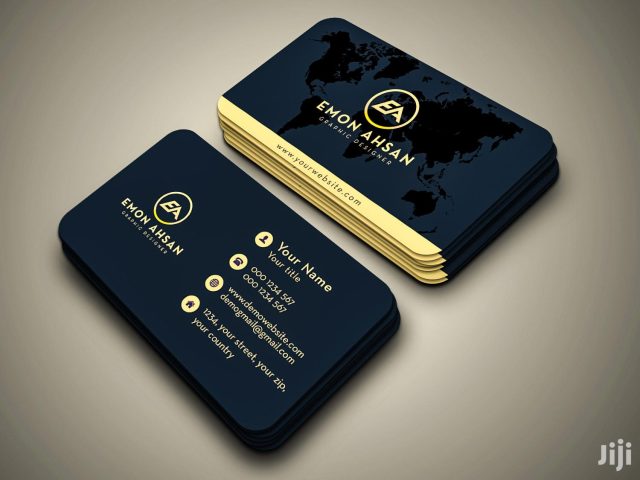
Business cards are also one of the best types of marketing collateral out there. They confer a level of assurance, sophistication, and credibility to your business or company that is usually understated. As a business owner, one of the most embarrassing experiences you could ever have is someone asking you for your business card and you cannot provide one because you do not have one. This is very embarrassing, and many prospects will perceive you as unprofessional.
To give your business or company that class or standard that it ought to have, you should have a business card. The business card should also speak class and excellence. It should have a high-quality design without any vital information about your company, such as your contact details.
27. Digital Reports
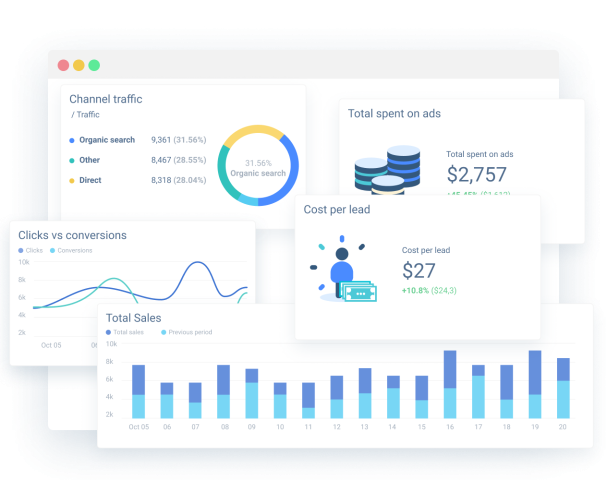
A digital report presents information that is very important to both businesses and individuals. Digital reports usually contain many proven facts, statistics, and concise information. In the past, digital reports come in the form of PDF documents, which are static and very dry. Companies such as Forrester constantly releases report for their audience. Because of the enormous volume of their reports, they decided to make PDF their default format, which is less engaging. Forrester would have been able to engage and attract more readers if they have had added some visual flair and immersive experience to their reports.
If you want to report to be engaging and attract more readers, you need to spice it up. You can use interactive content creation platforms to spice up your digital report. You should use visual aids, infographics, and charts to represent vital information. You should also make your report highly responsive so that it can be viewed properly on different screen sizes.
28. Customer Magazines
Customer magazines are also a common type of marketing collateral, and they deliver impressive results. Like other types of magazines, customer magazines contain different types of long and short-form stories. Nevertheless, instead of containing articles talking about different topics, a customer magazine focuses on content relating to a particular brand.
You can also use customer magazines at any funnel stage because they are longer and contain a wide range of micro-content that serve various purposes. Businesses can also use a customer magazine to make vital announcements about their product or service in a more engaging, reader-friendly, and entertaining manner. Customer magazines do not have a standard format, but the content is often laid out in a particular theme or genre related to the brand.
29. Webinars

A webinar is a live recording that organizations or businesses host that people have to sign up and tune into at a particular time and date. Webinars require a lot of time commitment and certain technology. However, they provide a wide range of benefits and could contribute to the growth of any organization or business significantly.
One of the major benefits of webinars is that it helps with lead generation. Those who take out the time to attend the webinar have already shown a degree of interest by doing that. Hence, they can be considered qualified leads. Those who were not able to attend the live webinar are not left out, as you can record and share it for others to watch in their free time. Webinars also provide a better avenue to boost the awareness of your brand via its promotion.
30. Price List

This is another very active and effective type of marketing collateral. The pricing list is where you list the prices of all the products and/or services you offer. You can easily send your price list to your potential clients so that they will know what exactly they are in for. The price list can take two forms – a printed version and a digital copy.
The best time to use a price list is when you have a wide range of services and products and you do not want to publish the list on your site, where anyone that visits your site will see it, including your rivals. In such cases, the best thing to do is to create a price list and send it to only those that are interested in your products or services. Creating a price list should not be an issue, as there are many tools that you can use to do that. You can use Photoshop, which is a sophisticated tool. You can also use an easier tool such as Microsoft Excel or Microsoft Word.
31. Product Comparison Pages
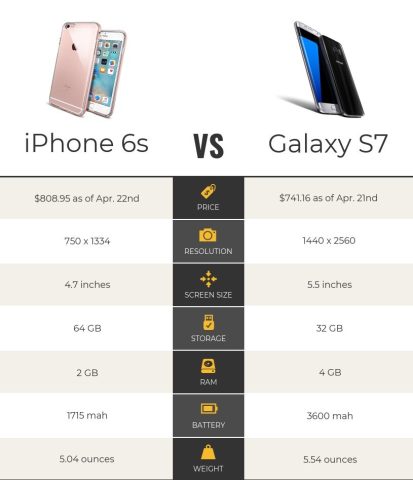
Regardless of how unique your product or services are, chances are you are not the only one in that niche. You are not the only choice that your potential customers have. People no longer make their final buy decision by looking at only one store or vendor. They explore the market and look for the best quality and price that will favor them. They compare different services and products before making their final buy decision.
To make this process easier for them and to get a competitive edge, you should ensure that they can easily compare your products and/or services to your rivals. The major advantage of doing this is that you will be the one to decide the criteria for the comparison. This means you would be able to point those things that make your products or services stand out. At this point, you have to make your products or service look superior to your rivals.
Product comparison pages come in really handy for businesses or brands with strong competitors. You can use a product comparison page to honestly and decently compare your services and products. When doing this, gather some vital details about your competitors, chose the most essential criteria, and compare your products and services with them on a separate web page.
32. Frameworks
Frameworks are a type of marketing collateral that helps potential clients to easily understand how it would be beneficial for them to use a product. Frameworks usually take different forms such as a landing page, micro-site, or PDF document. They are easy for prospects to read and get vital information out of it without having to handhold them.
33. In-Person Events
Conferences and in-person events provide marketers a chance to connect with potential customers and leads. Regardless of how good your collateral is, it would always remain marketing collateral. With an in-person event, you would be able to share a drink and communicate with your target audience. This would help you to create solid and long-lasting relationships.
34. Banners
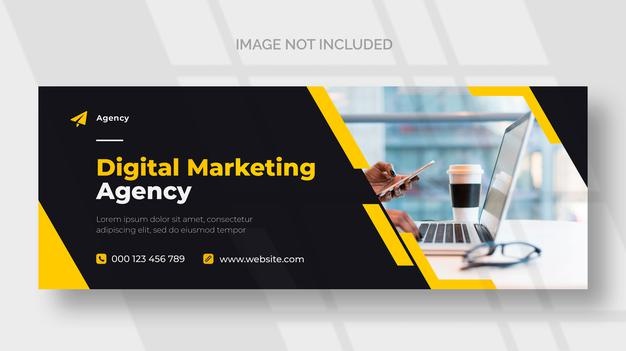
Banners are a unique marketing tool. This tool has been around for a very long time. While this marketing tool started offline, it has found its way into the digital world. Interestingly, online banners have not completely knocked out offline banners. They are still very much useful, and they still produce impressive results when you use them the right way. Unfortunately, online banners do not work hand in hand with the offline version.
Online banners are increasingly becoming popular, thanks to the advancement in technology. They can now take a wide range of formats. They can be on the header, footers, left side, or right side of a web page. They can also take the form of multiple pictures or a video. You can use any format you want, but the most common are images. You should make sure the image is flashy enough to capture the attention of visitors. It should also be attractive and informative.
35. Press Releases
Press releases are called many names nowadays. People call them statements, news releases, video or media releases, and more. However, they are all meant to serve the same purpose, which is to announce or provide new information about your company or business. They include news about the essential and newsworthy successes of your business.
Putting them on your site is a great idea, but printing and giving them to your potential customers is also great. Whenever you have something fascinating to tell about your brand or business, you should do that through a press release.
Presenting new features about your products is not enough. You should focus on the impact of the news as well as what the readers stand to benefit. If the event is very important, you can deliver the press release in person. You can also release it online, depending on how important the event is and what you want. Press releases are an asset for the journalist and brands alike.
36. Industry Pages
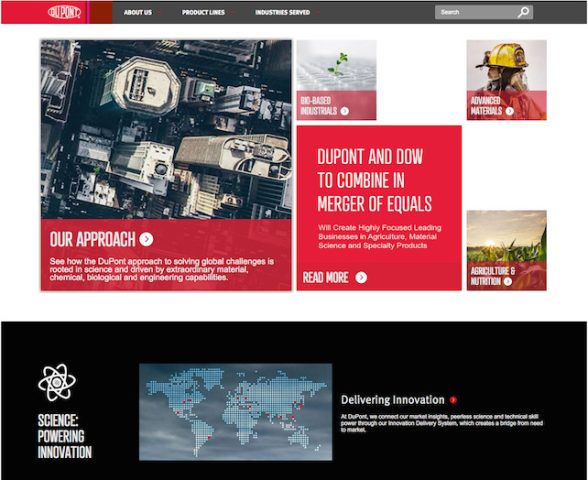
Most times, products are used across different industries in various ways. With this information, you can create a special web page for all of these industries. For instance, if your product is software that both the manufacturing industry and real estate industry use, you can dedicate a web page for the two industries. On each page dedicated to the different industries, you will provide a detailed explanation of how to use the product. The explanation should be tailored to each industry.
With this, potential customers will easily understand if the software can help to resolve their specific issues. This has been very effective marketing collateral, and it comes in handy for brands whose products are used across different industries. All prospects would want to see the help you rendered to other clients in similar industries, and the industry page is where you can show them how you helped other industries.
37. Warranty Sheet
Warranties have helped many businesses to increase their sales by a greater percentage. Many buyers today want some sort of assurance that you will not disappear or turn your back on them once the product you sell to them develops any issues (mainly factory or manufacture-related issues). Warranty sheets give your consumers assurance that whatever they purchased from you would be repaired within a time-frame if it develops an issue.
You should always use warranty sheets if you are selling products that involve a warranty. There are many free warranty sheets online that you can use. You can edit them or create one from scratch.
38. Evaluation Tools
Evaluation tools are another common and highly effective type of marketing collateral. This marketing collateral helps potential customers to consider various options before making their final buy decision. It allows buyers to visualize, analyze different scenarios, and figure out how the product would be beneficial to them based on certain inputs.
39. Comprehensive Product Guides
A product guide contains all the vital information about a product or service. It contains everything the buyer needs to know about the product ranging from the specs, prices, descriptions, and more. Product guides are one of the most recent types of marketing collateral out there, and many users interact with them before making their final buy decision.
Your product guide is very important, as it plays a key role in the buy-decision of many consumers. As such, you should ensure it contains factual information. The information in your product guide should also be up to date at all times. You should not leave any product out of the guide; all your products or services should be listed and well-detailed in the guide.
It is also a good practice to keep things clear and simple while writing your product’s description and information. People often get scared when they see jargons or some things that do not seem to be true. Hence, your product guides should be comprehensive, simple, truthful, and very clear.
40. Gift Cards
Gift cards have helped many businesses to boost their sales significantly. Gift cards are a great idea if you want to attract more customers and boost your sales. Whether you give them out free of charge as part of your marketing strategy or you sell them to your customers, this digital marketing collateral remains one of the best ways to enhance sales.
One of the major benefits of this marketing collateral is that it would increase your return rate, as your customers will keep coming back for more. You can offer gift cards in different ways. You can use thresholds, expiry dates, or just offer discounts to limit their options. The beautiful part of this is that you do not have to harm the environment by using plastic cards. You can offer digital gift cards and push them to the inboxes of your customers.
41. Calendars
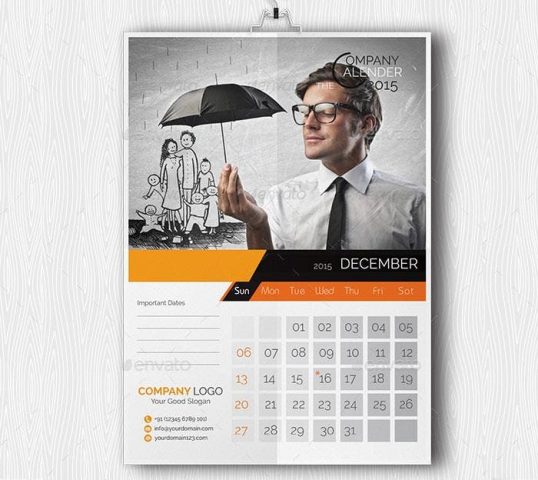
The last type of marketing collateral on our list is calendars. Calendars are common accessories that everyone needs, and many would be happy to receive them for free. Hence, you can brand calendars with your expectations and give them to your potential clients. With this strategy, you will always be in the faces of your customers and prospects. They will always be reminded of your business, products, and services, every day, and throughout the year.
If you are looking for the best physical marketing collateral, then this is one of the best options to consider. You should give it out for free at a conference or event. You can also brand other items such as cups and pens. You can use an online printing service or design the calendar by yourself with Photoshop or Canvas.
Benefits of Marketing Collateral
There are many benefits to creating efficient marketing collateral with a clear plan. Here are some of the key benefits of marketing collateral:
① To Pass Standard Information
There are often some particular details or information that consumers need in every industry. Those much-needed details could be the pricing of a product, terms and conditions, specifications, product descriptions, and more. It is better for brands and businesses to prepare these details and get them ready to share instead of having the sales reps studying and reciting the details whenever a customer needs them.
For instance, the frequently asked questions (FAQ) section of a site is a common type of marketing collateral, as it already answers most of the questions that customers and prospective customers might have. Sharing these questions and answers will save your sales teams the stress of answering the question over and over again.
② Campaign Promotions
Marketing collateral is a very important tool for promoting sales campaigns. They provide an easy way for companies to communicate their solutions, products, or services with their brand identity while fleshing out a more consistent understanding of the personality of the brand.
③ Branding Tool
The customers of a business or company engage with great marketing collateral over and over again. At this point, it would be useful to make sure that the tool illustrates your brand identity clearly while distinguishing the principles and values of your brand from other brands. This way, whenever a customer sees it, they will associate your values and principles better with your brand. The more frequently they see it, the more your brand, product, or services would always be in their mind.
④ Reference Material for Sales
Some products have too much technical information and details, which can be difficult to remember. If the details are too many, your sales reps might find it difficult to remember them all. This can be bad for business most times, especially when a particular specification has a huge impact on the performance of the product. If the rep forgets that specification or gives the wrong specification, it might throw a customer off, and this might cause you to lose some important customers.
To avoid such, it is best to have a sales kit or technical sheet, which is where marketing collateral comes in. With a sales kit or technical sheet, your sales team will always have something to fall back on when interacting with customers. This will help them not to miss out on the vital information of the product. They can also share it as reference material for the clients to go through. The client will be able to learn everything they need to know about the product without missing a thing.
Support Materials during Conversations
Great marketing collateral should be valuable to the reader even when there is no sales representative to explain it. It should be able to add special value to the client and enhance sales conversations. Such collateral should provide the client with answers to some of the questions they might have.
Conclusion
Marketing collateral has proven to be very useful and helpful over the decades. While it has been improving as the years go by, most of the old approaches are still effective. Marketing collateral does not only have to be digital. You can adopt both the offline and online versions of these tools to enhance your business and take it to the next level. If you plan on attending events, do not neglect offline options like flyers, brochures, calendars, and other branded items. You should also learn to adopt several marketing collaterals at the same time, as only one or two might not cut it out for you.
The post 41 Best Types of Marketing Collateral appeared first on Dumb Little Man.

0 Commentaires